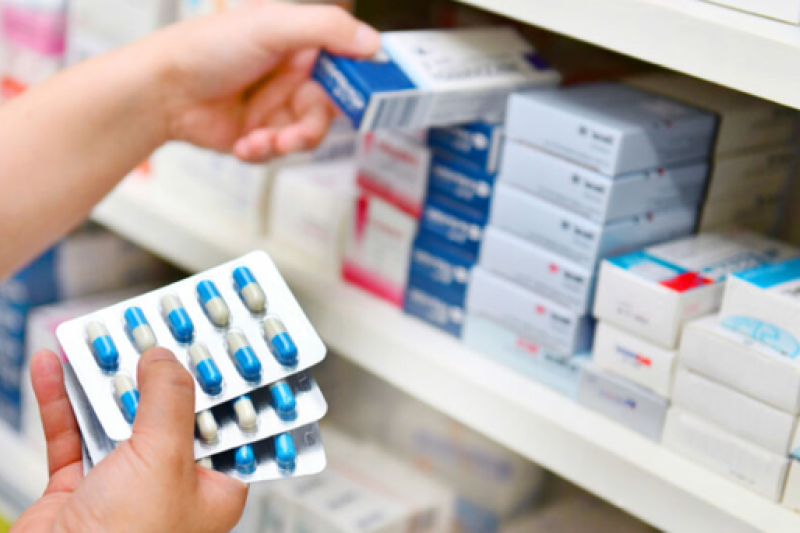EUR 160M Spent for Pharmaceutical Products
Albanian citizens’ spending for purchasing medicines are increasing in the recent years because the medical needs of an aging population are increasing and, on the other hand, public funds for drug reimbursement have remained unchanged.
According to official data, over Lek 28.1Bln of pharmaceutical products (EUR 281M) were imported in 2024.
On the other hand, the drug reimbursement fund last year had a ceiling of Lek 12Bln. As can be seen, the state has compensated 120M out of the EUR 281M that citizens have spent on medication. About Euro 160 million for pharmaceutical products were paid from personal income.
Imports of pharmaceutical products in value recorded an annual increase of 5% last year, while the planned fund for drug reimbursement in 2024 is Lek 12Bln or about 1% lower than the previous year’s figure.
In 2024, the drug reimbursement fund accounted for 42.6% of the value of imports, down from 45% the year before. Drug imports value increased by 16% between 2019 and 2024, but market sources claim that the population's need for pharmaceutical products is much higher than imports.
But Albania, as a country with the lowest income in Europe, cannot have access to innovative therapies. In the last consultation of the agreement with Albania, the International Monetary Fund advised the government to expand public funding for the health and education sectors.
Albania's demographic developments point to increasing pressure on health spending. IMF assessed that Albania has the fiscal space to increase health spending. The World Bank, in previous assessments, has also called for more investment in education and health.
Albanians were the most concerned in the Region about the high costs of health services according to the latest "Security Meter" survey conducted in 6 countries of the Region by the Regional Cooperation Council.
The results showed that 24% of Albanians were very worried about not being able to afford the financial costs of routine medical care and treatment. This concern was present to a lower extent among citizens of Bosnia 16%, Kosovo 9%, North Macedonia 16%, Montenegro 20% and Serbia, 20%.
Generally, citizens in the Region have high levels of financial insecurity regarding health expenses, with more than half of them (53%) concerned. The high levels of concern among Albanian citizens are related to low incomes and, in turn, low levels of public spending on medication reimbursement. Chronically ill people in the country and those with rare diseases pay out of pocket for therapies as they are missing from reimbursement lists.
In 2024, healthcare expenditures according to the latest changes reached Lek 75.9 billion from Lek 77.9 billion in the second normative act. Year after year, the health budget is growing at a slower pace than overall budget expenditures, even though the country is facing greater needs for medical treatments.













